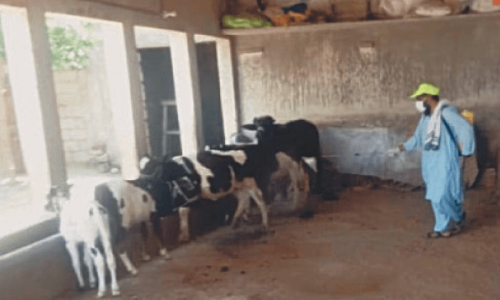“Few people know what classical dance is,” said Sheema Kermani.
She added that in many ways it was easier during President Ziaul Haq’s time because then dance was banned. “Today, we don’t know if a fundamental in the room will get offended and take serious action,” she said.
The renowned dancer was interviewed by Shayma Saiyid, a former student. Together, they went through the history of classical dance in the country, mainly from the 1960s, and especially after 1983 when Sheema Kermani had begun her career, but with links all the way back to the thirteenth century.
Kermani underlined that dance and other performing arts were always multicultural, with a fusion of traditions from many countries, namely India, Persia, Turkey, Afghanistan and other countries. She said that there was a lot of Bengali and other sub-continental influence on dance in Pakistan, but she stressed that this should not be taken in a religious way.
“It is all about culture and it is beautiful. It would be wrong to say that classical dance is a Hindu art form,” Kermani explained.
She added that classical dance had travelled from the subcontinent to Europe and back again, to search for its identity in the 1930s, when Uday Shankar and others had been advised by Anna Pavolva and other European dancers to develop India’s own dance.
“Since all dance forms are basically the same; telling stories about people’s lives, there are many similarities all over the world. But the identity must be found locally, with freedom given to local forms of expression,” she said.
Sheema Kermani said that she grew up in a time when Marxism was a source of inspiration. Furthermore, she considered herself a peace activist and a feminist. She emphasized that a dancer and an actor must have self-confidence, stand upright, with her or his shoulders back, and be proud of their art form.
“I believe that our society has become so aggressive because there is so little dance, music and song around us,” Kermani said hoping for a future with more understanding for the value of the performing arts in schools and the society at large.
She explained that the performing arts have a higher status in India since the government has given more attention to it than in Pakistan. Yet, she said, she was still hopeful for the future, but at the same time admitted that it was an uphill battle for everyone who wanted to make dance and theatre a vocation, indeed for women who want to become dancers.
She said that she would like to set up a cultural centre to promote the art of dance.













































Dear visitor, the comments section is undergoing an overhaul and will return soon.